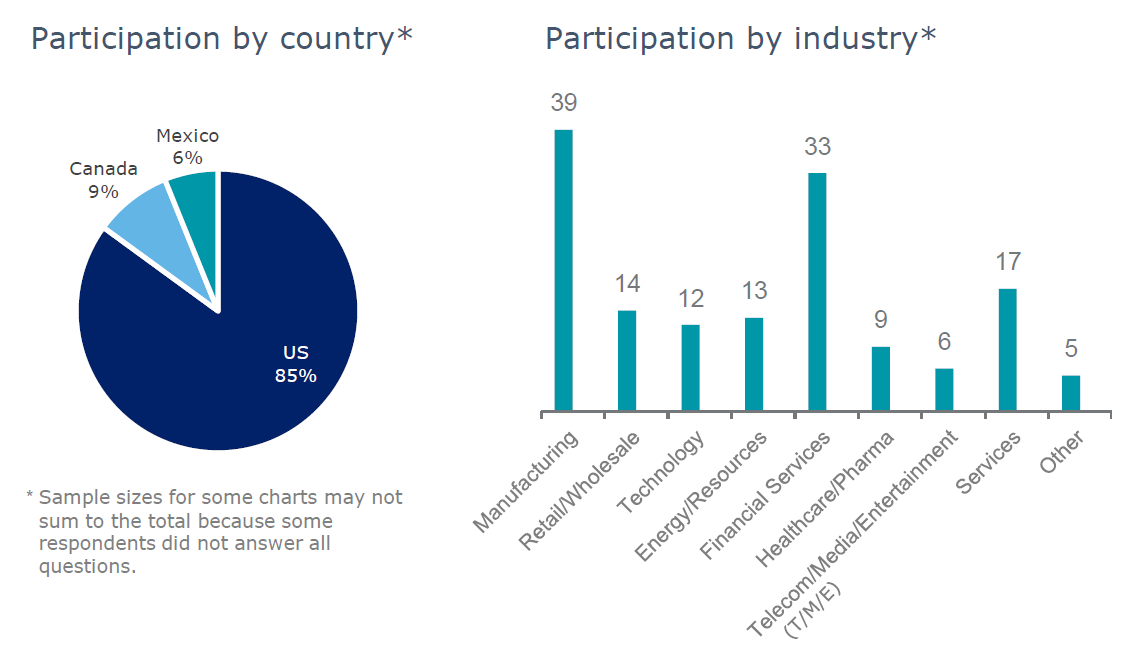Greg Andres, Angela Burgess, and Paul Nathanson are partners at Davis Polk & Wardwell LLP. This post is based on a Davis Polk memorandum by Mr. Andres, Ms. Burgess, Mr. Nathanson, Neil MacBride, Martine Beamon and Kenneth Wainstein.
On January 11, 2021, the Supreme Court vacated the Second Circuit’s controversial decision in United States v. Blaszczak, which held that proof of a benefit to the tipper is not a required element for criminal insider trading claims brought under Title 18 of the U.S. Code. Although the Supreme Court ordered reconsideration on other grounds— whether certain government information may be considered “property” for the purpose of a scheme to defraud—the impact on the insider trading decision may be the more significant consequence.
The Second Circuit’s Decision in United States v. Blaszczak
As we discussed in a past client memorandum, in 2019 the Second Circuit in United States v. Blaszczak expanded insider trading liability by affirming the convictions of four individuals of wire fraud, securities fraud, and conversion charges under Title 18. The government charged the defendants—a government employee, a consultant, and two hedge fund analysts—with violating both Title 15 and Title 18 of the U.S. Code. The jury acquitted the defendants under Title 15, which is the traditional basis to charge insider trading, but convicted on certain Title 18 counts. [1] On appeal, one of the defendants’ arguments was that the District Court wrongly instructed the jury that an element that applied under Title 15 did not apply under Title 18: that the tipper disclosed information for a “personal benefit” that was known to the recipients of the tip.
